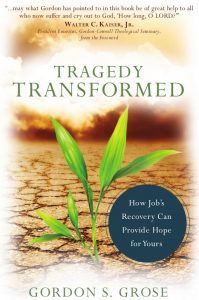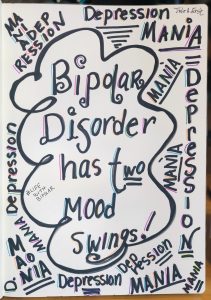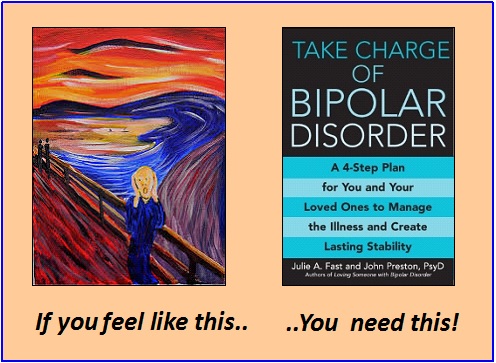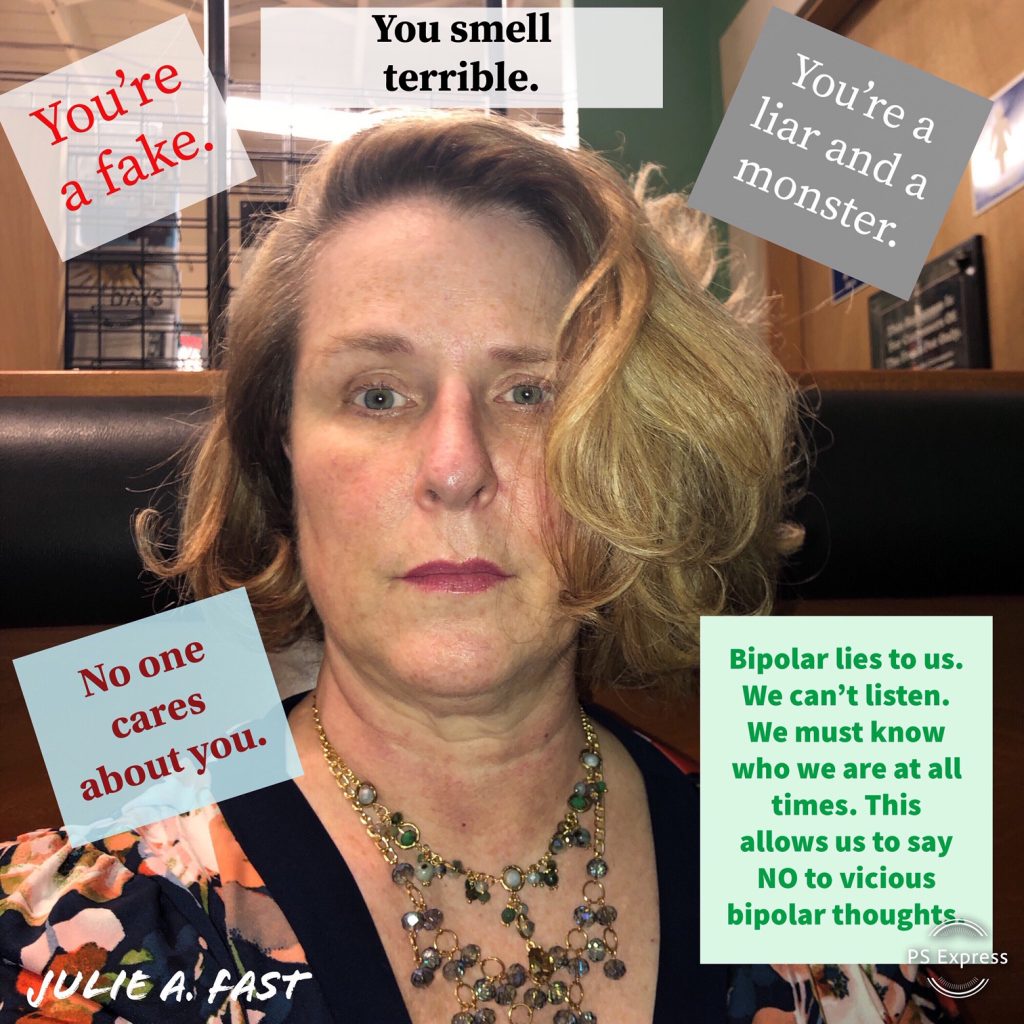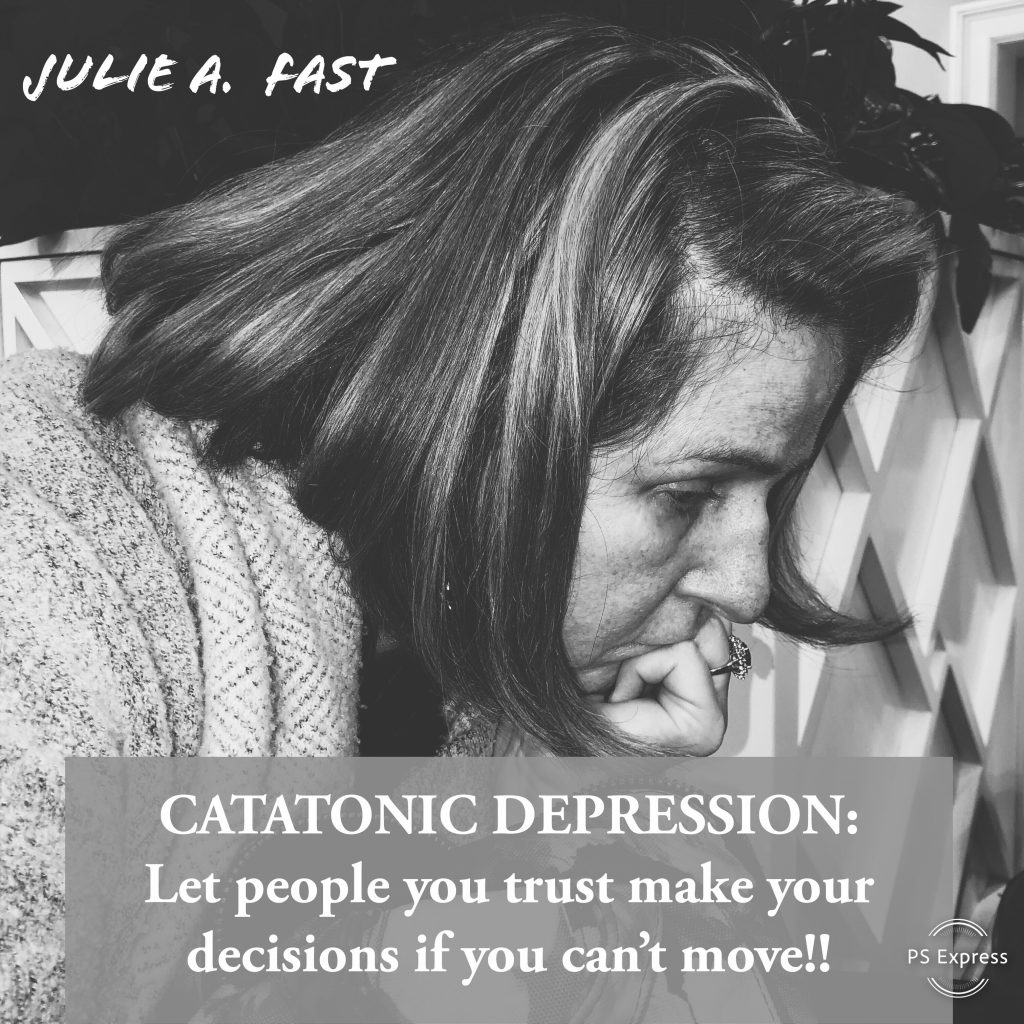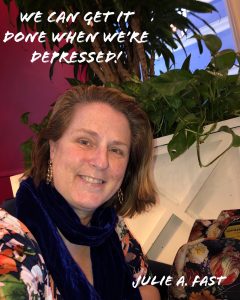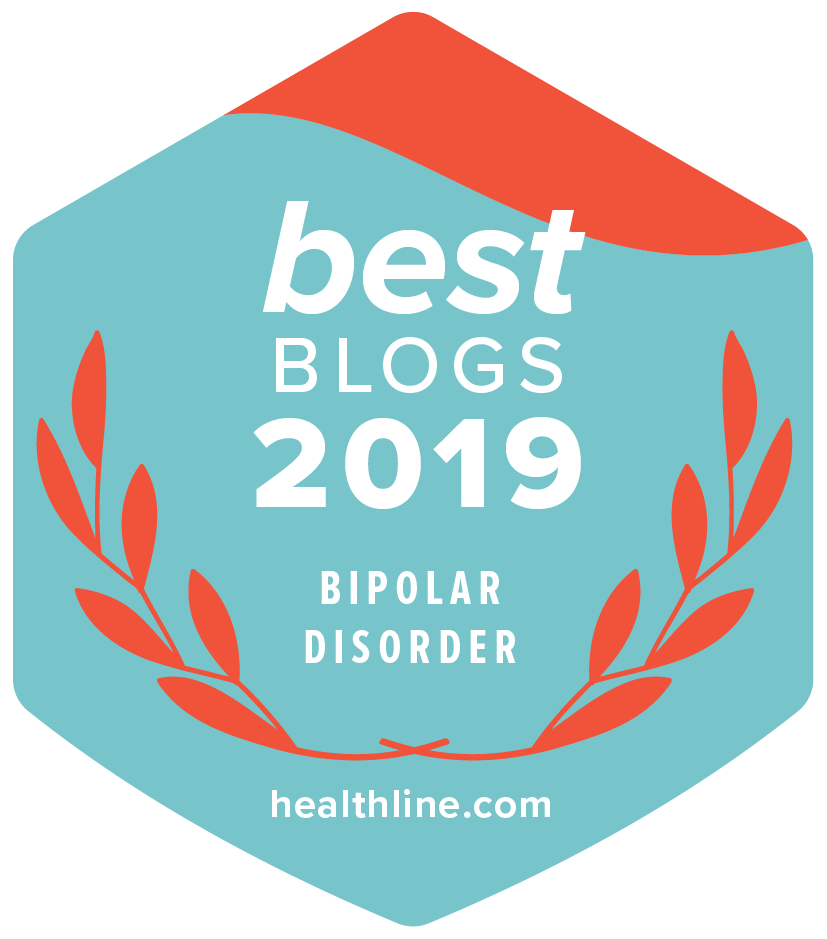Living with bipolar illness presents challenges beyond most people’s comprehension. To anyone so diagnosed, however, these questions confront them daily:
How do I live with this?
How do I find ways to get through today without allowing my symptoms to develop, intensify, or dominate my life?
How do I support myself, my family, and remain productive?
How can I make the most of a poor (at best) genetic inheritance?
Although I do not have bipolar illness, I have worked professionally with people who do. And one of my family members has bipolar illness. Let me, therefore, venture to put myself in your shoes.
Facing My Sadness
Like any grief, my diagnosis represents huge loss. I’m relieved that I can name it. But I also live under a cloud, a handicap as real as any limp. Like any loss, I need to give up pretending I’m normal. I need to allow myself to feel sad, and to let down my defenses. Denial allows me to minimize my disability, expect too much of myself, and shun medications because of their side-effects. Meds also prevent my mania, which I enjoy. Self-aggrandizement allows me to talk circles around others, work without sleep, and fosters my narcissistic sense of superiority. But when my mania fails, I crash: “What’s the use of living?”
My first challenge, then: face my sadness. I do have an illness that hampers my functioning. I feel sad; I need to mourn.

Taking Charge
Moving from my position as a victim of genetics or of circumstances to an agent of change, decision, and choice represents my greatest asset as a person.
Can I learn to work within my limits?
Can I make the best of a difficult situation?
Can I find strength I never knew I had: in God, in a Higher Power, in counselors, and/or in social support?
How can I mobilize a team to sustain me: medical practitioners, friends, professional colleagues, neighbors, family?
None of us lives life alone, but my living with bipolar illness makes dependence on the good will, and concrete support of others all the more necessary.
Finding Hope
How can I find hope to go on? To persevere daily under a cloud of uncertainty? Others have been where I am now, I tell myself. I’m not the first, nor the only person living with bipolar disorder. How do they cope? How can I draw on their experience, failures and successes to teach me what to avoid, and what to pursue?
You are Strong
Do you live with bipolar illness? How do you face your sadness, take charge of your health, and mobilize the resources that give you hope? There is support.

Gordon S. Grose pastored three churches over 24 years in MA, CA, and NY before serving as a pastoral counselor for 11 years with Western Psychological and Counseling Services, PC. in Portland, OR. In 2003 he retired to write the book that had been on his heart for decades: Tragedy Transformed: How Job’s Recovery Can Provide Hope For Yours. Determined to write a book on biblical Job that would help people today, he interviewed people who dealt with various tragedies: natural disaster, suicidal depression, unexpected death of a spouse, and serious physical and mental illness. Gordon links their recovery to biblical Job’s and provides self-help suggestions at the conclusion of each chapter. Gordon has given workshops and preached on dealing with tragedy using Job since 2007.
Recently Gordon published, “Though He Slay Me,” in Christianity Today Magazine, an explanation of why the common translation of Job 13:15 is incorrect, and why it matters. He continues to blog at gordongrose.com and is active on Twitter , Facebook, and LinkedIn.
Gordon and Elaine married in 1960. They have four children, eight grandchildren, and three great granddaughters.
A note from Julie: I love this post from Gordon. His book Tragedy Transformed follows the story of Job. I find comfort even time I meet with Gordon. We first met in a National Speaker’s Association (NSA) event. I remember the first time I heard him speak. His stories were from the Bible, but they were so in the moment! He shared his psychiatric background and how he has worked with many people like ourselves who want to find meaning in life while living with serious mental illness. Thanks to Gordon for this helpful and hopeful blog!
